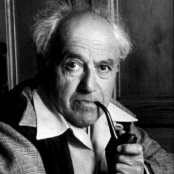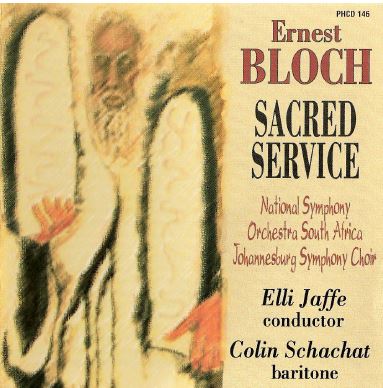
Bloch, Ernest
The creator of music of great spiritual expression, Ernest Bloch was born on 24 July 1880 in Geneva, Switzerland. In his native city, he studied violin with Louis Rey and composition with Emile Jaques-Dalcroze and later studied under Eugene Ysaye and Francois Rasse in Brussels. Bloch’s principal training, however, would be in Frankfurt with Iwan Knorr, who most influenced the composer’s distinct musical personality. Bloch appropriated established and novel musical elements into highly dramatic scores, often influenced by philosophical, poetic, or religious themes.
A masterly composer of music for strings, Bloch wrote four string quartets, Schelomo–A Hebrew Rhapsody (for cello and orchestra), and A Voice in the Wilderness (for orchestra and cello obbligato), which are deeply emotional works and rank among the most distinguished achievements in the neo-classic and neo-romantic idiom of early 20th-century music. Bloch’s pupil Roger Sessions praised him for his special ability to express “the grandeur of human suffering.” The successful premiere by the Boston Symphony of Bloch’s Trois Poemes Juifs in 1917 encouraged the composer to settle in the United States. He soon assumed the directorship of the Cleveland Institute of Music and later the San Francisco Conservatory of Music. He also taught at the University of California at Berkeley.
Bloch was distinguished in his lifetime by a long list of honors including honorary membership in the Academia Santa Cecilia in Rome, the first Gold Medal in Music of the American Academy of Arts and Sciences, the New York Music Critics’ Circle Award for his String Quartet No. 2, and the same award later for his Concerto Grosso No. 2 and String Quartet No. 3. He was also the recipient of numerous honorary degrees.
